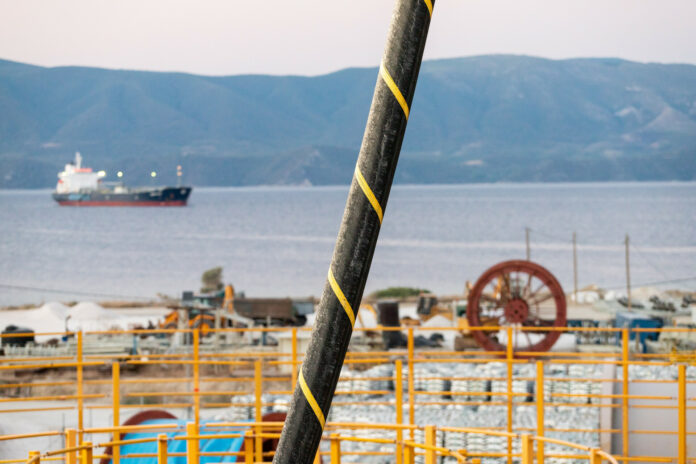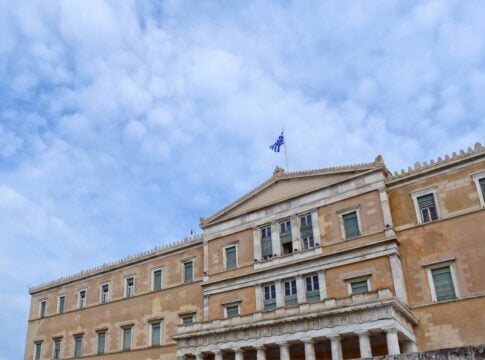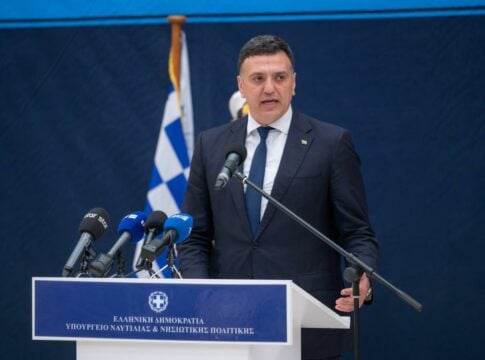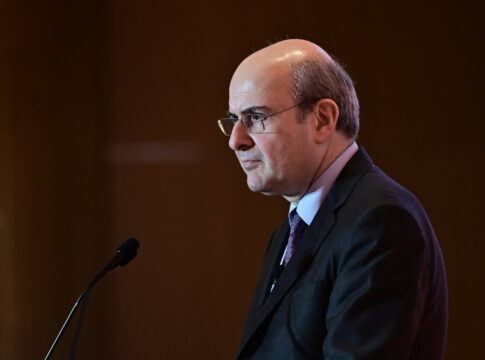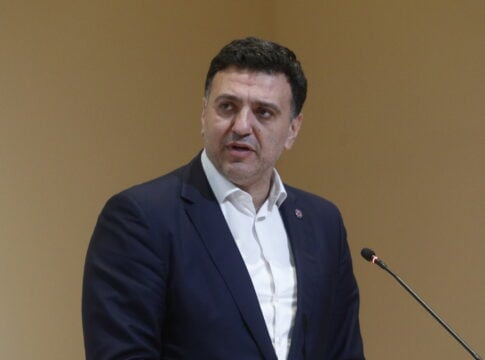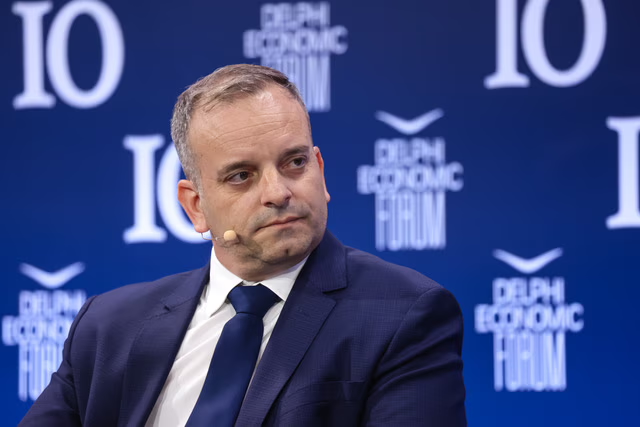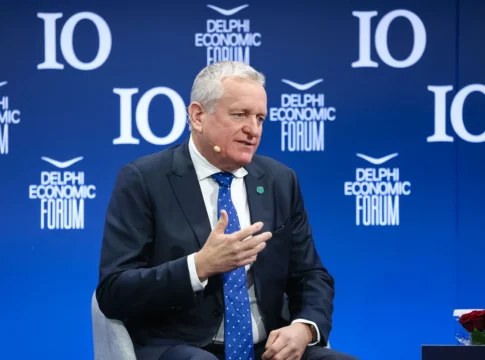The “Great Sea Interconnector”, implemented by the Independent Power Transmission Operator (IPTO), will significantly benefit Cyprus, as it will offer increased energy security, a “greener” mix of electricity generation and cheaper energy for all Cypriot consumers.
Greece – Cyprus – Israel will meet under the coordination of IPTO
The administration of the IPTO will be in Cyprus on Tuesday to meet with Israeli officials of the Ministry of Energy and the Regulatory Authority regarding the maturing of the Cyprus-Israel interconnection. A trilateral conference of Greece – Cyprus – Israel will follow under the coordination of IPTO and with the presence of the Administrators of the two states.
On April 9-10, a two-day technical meeting will be held in Cyprus in the framework of the working group and the weekly teleconferences established by the two Administrators for the common understanding of the technical possibilities of the Interconnection and the completion of the Final Implementation Design Study prepared by Siemens.
Βenefits
As pointed out by IPTO, the electrical interconnection of Greece – Cyprus – Israel is expected to put an end to the energy isolation of the last non-interconnected EU state contributing to the achievement of the high targets set by the European Union for RES penetration by 2040.
All EU countries are already moving in this direction, gradually progressing in the interconnection of their island regions. Malta, which is the smallest island member state of the EU in terms of area and population, was also recently connected.
Regarding the benefits of the interconnection, the example of Crete is indicative, where the maximum demand is 0.8 GW, a size that corresponds to approximately 65% of the maximum demand of Cyprus. According to IPTO, the double interconnection of Crete, from Attica and the Peloponnese, not only will not burden consumers but, on the contrary, is expected to lead to significant savings on electricity bills.
Since the interconnection of Crete, an electrical system with a maximum demand of about 0.8 GW, a capacity of 1.2 GW and a total cost of about 1.5 billion euros, is economically viable and preferable compared to the autonomous development of the electrical system, the same applies for the interconnection of Cyprus, a larger electrical system with a maximum demand of around 1.25GW, with a capacity of 1 GW, the Administrator pointed out.
657-million-euro funds from the European Commission
The electrical interconnection of Greece – Cyprus – Israel is included in the Projects of Common Interest (PCIs), receiving a financing of 657 million euros from the European Commission.


